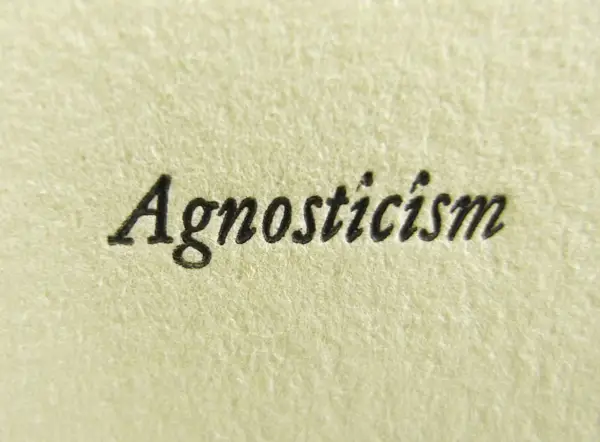Agnostic Vs. Atheist: What are the Differences?
Atheism and agnosticism may seem quite similar but there are subtle but important differences between atheism and agnosticism. Following is a comprehensive guide to help you understand both philosophies better, find out what they stand for, and learn what distinguishes them, as well as when to use which term.
Atheism

To get a full grasp of the concept of atheism, let’s have a look at its etymology first. We have “theism”, which comes from the Greek word “theos”, meaning “God”, and we have the prefix “a-“, which is a negation. Therefore, atheism means “no God” or “without God”.
By definition, an atheist is a person who believes that no deities exist or who is not aware of the existence of a god, as opposed to theists, whose belief is that at least one god exists.
To help you along the way, keep in mind that atheism is closely linked to belief. Now, let’s move onto our second concept.
Key Differences Between Religion And Spirituality
Agnosticism

Analyzing the etymology of the word agnosticism, you can already tell there’s a difference between atheist and agnostic. The latter comes from the Greek word “gnosis”, which means knowledge, and so, when we add the negative prefix “a-“, we get “no knowledge” or “without knowledge”.
Therefore, an agnostics’ view is that the absolute truth about a certain claim – especially religious or metaphysical – is unknown and may never be known. As you can see, agnostics have a different worldview from atheists, but that doesn’t mean they necessarily exclude each other.
You can have an agnostic atheist (who believes there is no god but does not know for sure) just as much as you can have an agnostic theist (who believes in god but admits he cannot definitely prove the existence of deities).
Recommended for You:
- Jews Vs Christians: What Are The Differences?
- Key Differences Between Methodist and Presbyterian
- Christian vs. Catholic – How They Differ?
- 11 Key Differences Between Jews and Christians
The Differences between Atheist and Agnostic
Are things a bit clearer now? Let’s recap what we’ve learned and have a closer look at the differences between atheism and agnosticism:
Atheist |
Agnostic |
| Atheism entails disbelief or lack of belief | Agnostics are doubtful, admitting they do not certainly know the truth and may never learn it |
| Atheism rejects the idea of deities | Agnostics can be theists, meaning they can believe in the existence of deities but they simply are not sure whether their belief is true. |
| Atheism is usually strictly linked to religion, although some religions can be considered atheistic, due to their absence of belief in gods (see Buddhism, for example) | Agnosticism does not necessarily have deities or religion as its main focus. It can be linked to any metaphysical or supernatural concepts, and the term is sometimes even used in correlation with mundane situations as well. For example: “I am agnostic on whether or not resigning was a good idea.” |
| The first instance of the term ever recorded was in the New Testament | The term “agnostic” is much younger, being coined by biologist Thomas Huxley in the 19th century, |
Liked our thoughts and facts on the difference between an atheist and agnostic? Subscribe to learn more about other tricky concepts and get our latest topics by email as soon as they’re out!






